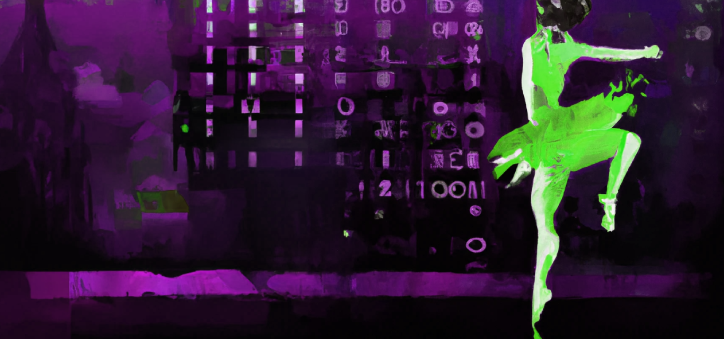Date: 18-20 September (online), 27-29 September (on-site)
Venue: Trento, Italy
Participation: free of charge for the online session, 100€ for on-site participation
Registration: via online form
Language: English
The OECD (Organisation for Economic Cooperation and Development) Trento Centre for Local Development will host the 6th edition of its Summer Academy – a format established within a three-year project back in 2018-2020. This years’ event will take place between 18 and 20 September 2023 in digital format, and will be followed by an on-site module from 27-29 September 2023 in Trento, Italy.
The Summer Academy provides capacity building for policy makers and representatives of cultural and creative sectors (CCS). At the end of the course, participants will acquire a deeper understanding of the sector, its needs and dynamics. They will also develop expertise in putting in place effective and integrated strategies and policy frameworks to unleash the full potential of CCS as drivers for local economic growth, job creation and inclusion.
Objectives
The Summer Academy seeks to:
- Stimulate sharing of knowledge and experience among participants, experts and professionals from several fields related to cultural and creative industries (CCIs).
- Provide common interpretation tools that will be applied to the analysis of participants’ case studies as well as projects and local practices aimed at promoting CCIs’ and local development.
- Analyse the process of culture-driven social-economic innovation and the role of CCIs.
- Foster networking and debate around relevant case studies and best practices from the Trentino and Alto Adige – Südtirol (Italy) region and across OECD.
- Examine the CCI entrepreneurial process and the importance of creativity and innovation.
- Promote online and offline social networks among participants in order to exchange knowledge, practical experiences and work methodologies, on CCIs’ and local development.
Disrupting tradition: How digital technology is changing the cultural and creative processes
Digital technology is advancing at an unprecedented pace, impacting almost every aspect of our lives. As governments and experts around the world raise concerns over the implications of technologies such as artificial intelligence, we ask what these advances mean for cultural production, cultural access, and ethical cultural practice.
The 21st century’s advances in digital technology are changing the way we live, work and relate to one another. Dubbed by many as the “4th industrial revolution”, this chapter in human history is characterised by ubiquitous digital technology, operating through the manipulation of data, in an ever more connected world. In this scenario, the lines between the creative economy and the digital economy become blurred. As new platforms for cultural consumption have emerged, together with new tools for creating and customising cultural and social experiences, everyone can be a creator, a critic, an influencer, an activist. In this new digital/creative landscape, old intermediaries are displaced and new opportunities for both the democratisation and the exploitation of culture and creativity emerge.
The sixth edition of the Summer Academy will take a close look at how advanced technologies, including artificial intelligence (AI), augmented and virtual reality (AR/VR), 3D printing and blockchain, alongside digital platform intermediaries are shaping the cultural and creative sector. It will explore the challenges and opportunities presented by these advances and deepen the debate on policy, practitioner and public engagement with these issues.
The 2023 Summer Academy will include webinars, interactive digital sessions with key actors (online) and a complementary (optional) study visit to Trentino, Italy (on-site), that is also open to 2020-22 Summer Academy alumni who only participated online. The Academy will allow participants to consider real-life situations and to engage with practical challenges faced by their organisations and institutions.
